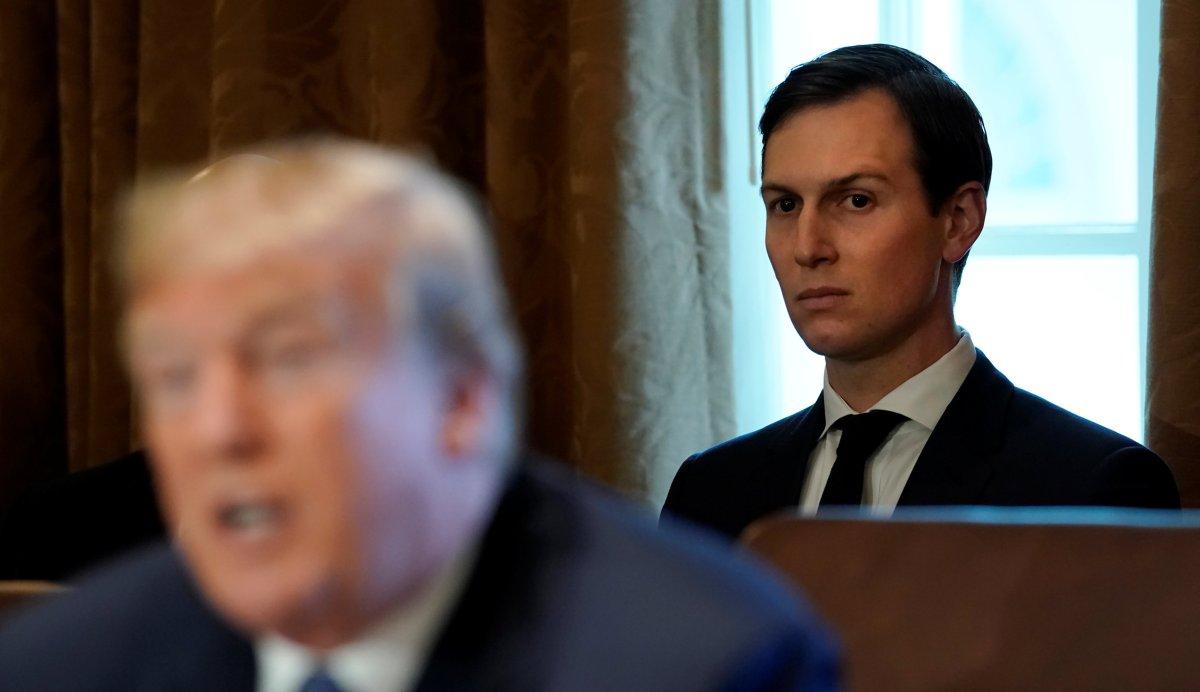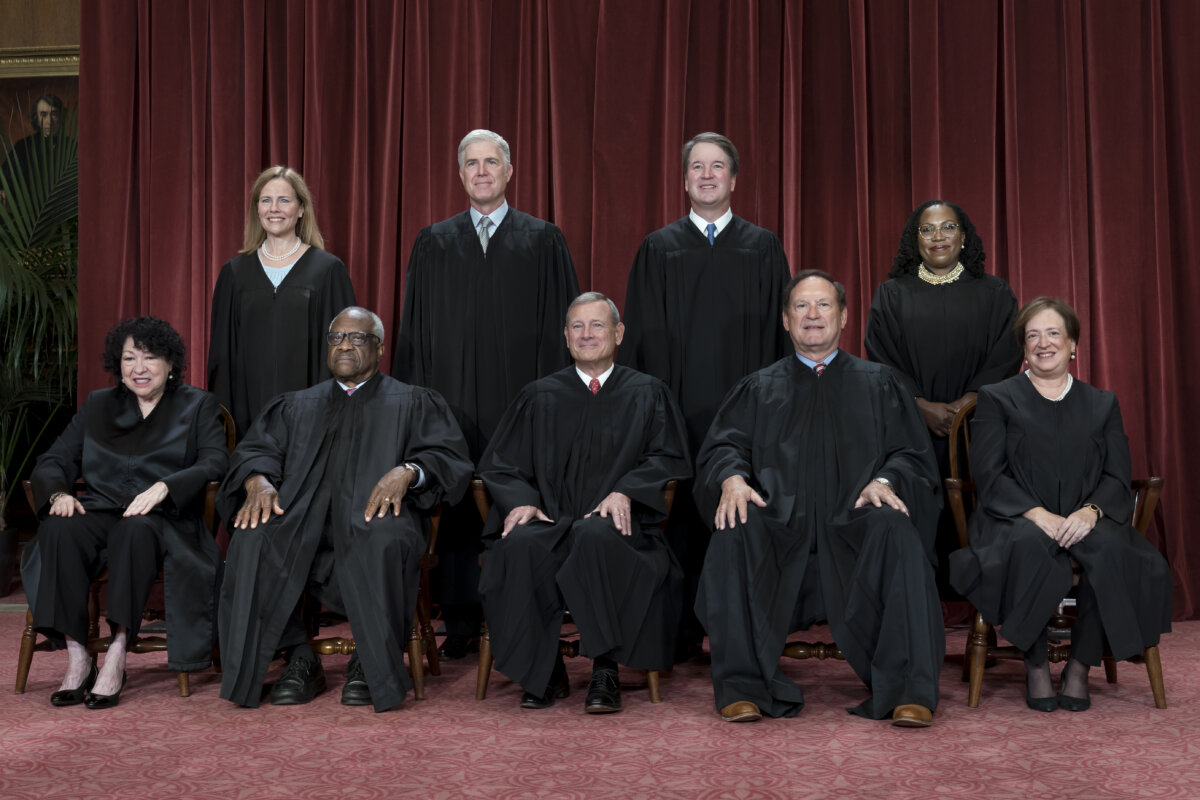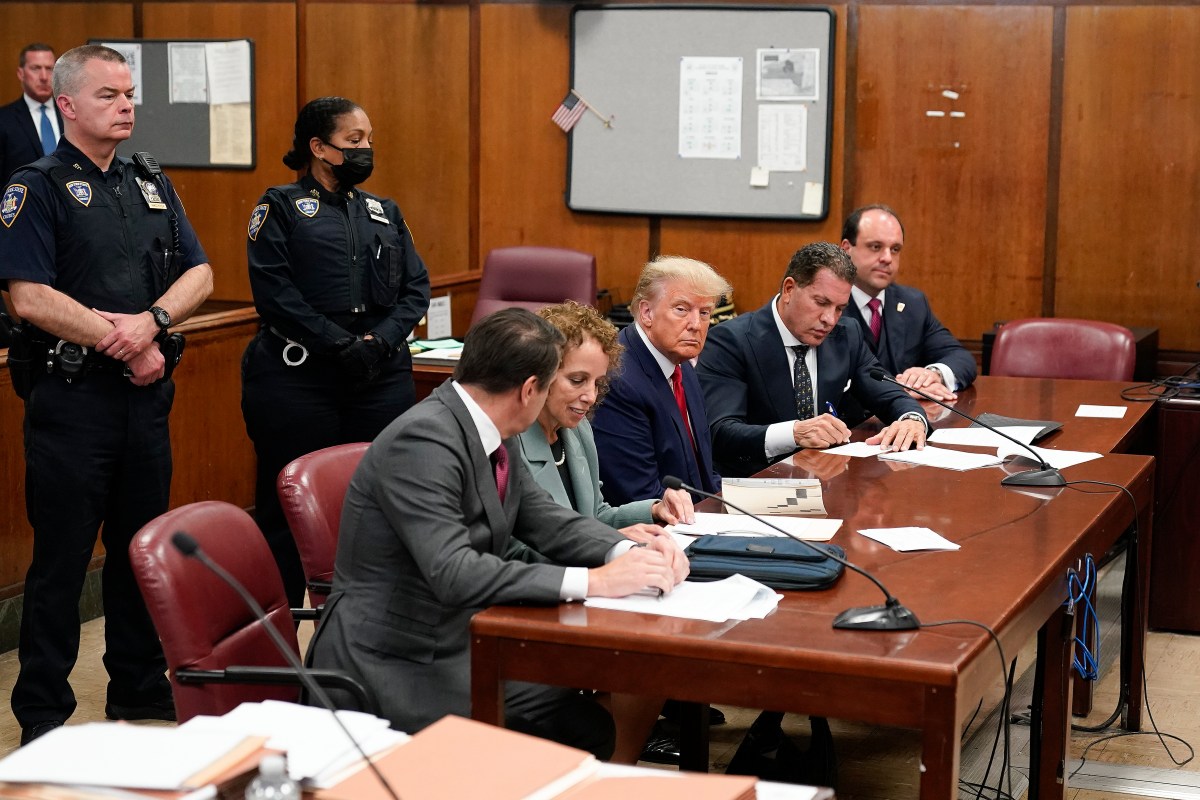Media speculation on whether President Trump would soon fire special counsel Robert Mueller — or, more accurately, start the process by firing deputy attorney general Rod Rosenstein — ramped up after this week’s FBI raid on the office of Trump’s personal lawyer Michael Cohen. The attorney is under criminal investigation for bank fraud, wire fraud and campaign finance illegalities springing from a $130,000 payment made to porn star Stormy Daniels right before the election. While not done by the Mueller team, the raid was the result of a Mueller referral. As the special counsel’s investigation gets closer to the president, here’s how he could try to shut it down.
1. Fire Rod Rosenstein and appoint a replacement
The most-discussed scenario has taken on new urgency: Today NBC News reported that the deputy attorney general is telling people he’s prepared to be fired. Rosenstein is overseeing the Mueller probe, and removing him would allow Trump to appoint his own pick. If the president chooses an official who has already been confirmed by the Senate for another position (cough Scott Pruitt cough), that person could serve temporarily without Senate confirmation because of a previously obscure statute called the Federal Vacancies Reform Act. That person could then go ahead and fire Mueller.
2. Fire Jeff Sessions and appoint a replacement
Trump could leave Rosenstein in place, fire Jeff Sessions and appoint a new acting attorney general via the Vacancies Reform Act. Then that acting attorney general, who would not be recused from the Russia investigation as Sessions is, could fire Mueller.
3. Fire Rosenstein and keep firing down the line of succession
Nixon’s Saturday Night Massacre redux. Trump could remove Rosenstein, and the solicitor general would take his place. If he won’t fire Mueller, Trump could keep firing until he got to someone who would. This isn’t getting much serious discussion these days, because it’s a complicated spin on option #1 that didn’t turn out so great for Nixon. Ironically, writes Steve Vladek in an NBC News op-ed, it’s the “safest” option because it’s the most clearly proscribed in law. Every other option on this list depends on the interpretation of ambiguous statutes.
4. Just go ahead and fire Mueller himself
It’s unclear whether Trump has the power to fire Mueller unilaterally. But that means it’s not clear that he doesn’t. The statute that created the special counsel position specifies that he or she can only be removed by the attorney general. But some believe that as president, Trump could just rescind that statute, firing Mueller indirectly by eliminating the basis for his appointment, says Vladek.
It may all be moot. Whether Trump gets someone else to fire Robert Mueller and end the investigation, does so himself, or appoints someone who can limit the scope of the investigation — and gets away with it without Congressional intervention — the big horses may be out of the barn. The FBI is now in possession of electronic files and recordings from Trump’s personal fixer’s computer. Trump’s associates — and possibly Trump himself — could be indicted for crimes in New York State, which are beyond the reach of a presidential pardon.



















